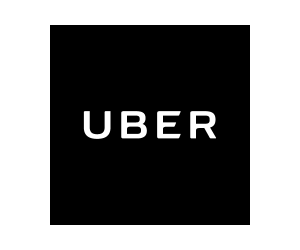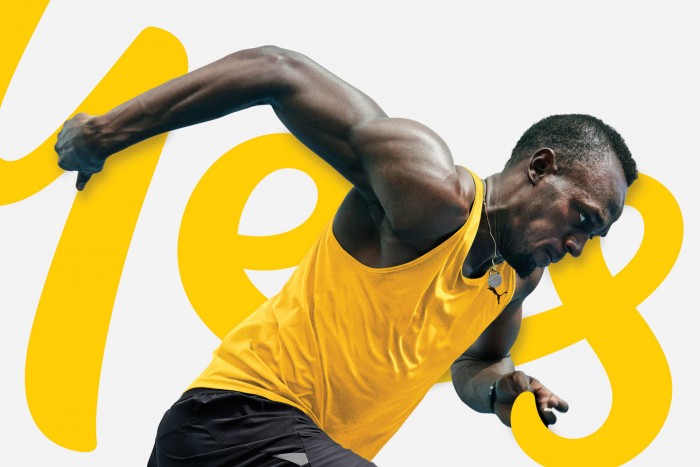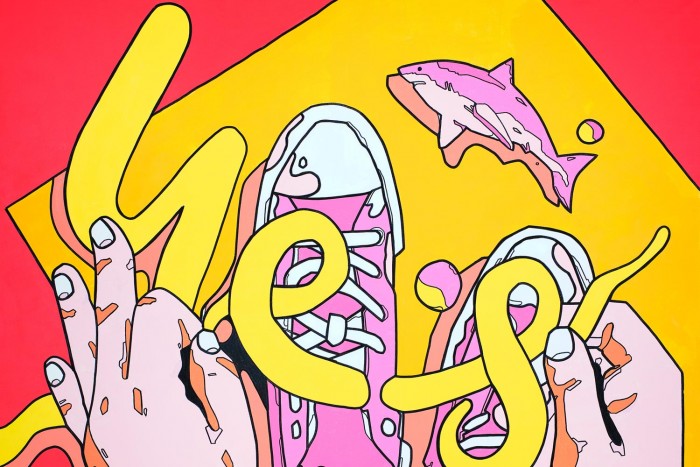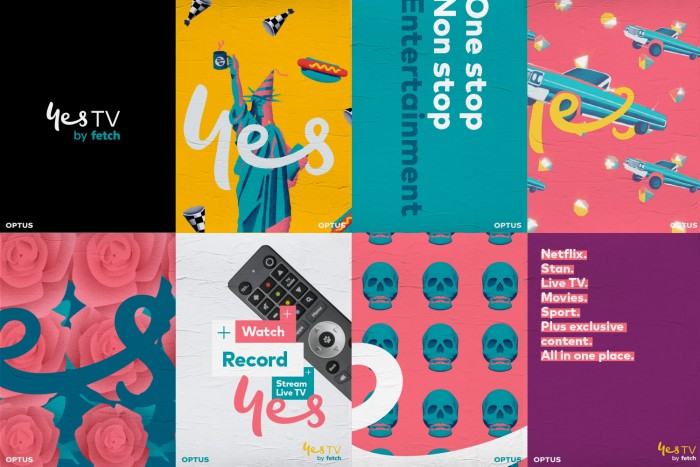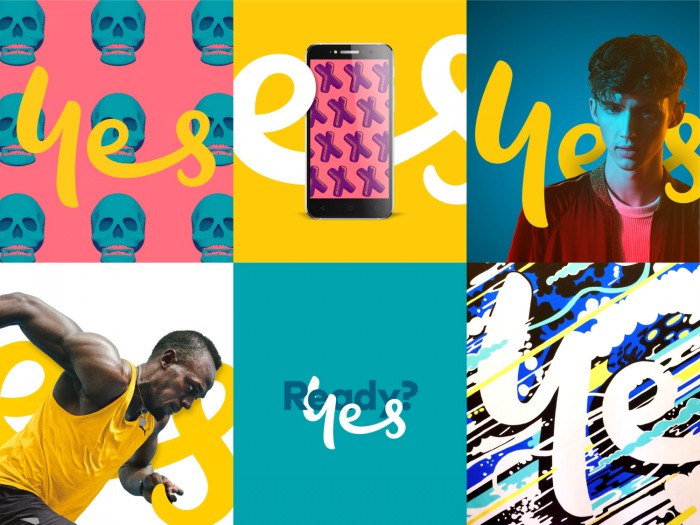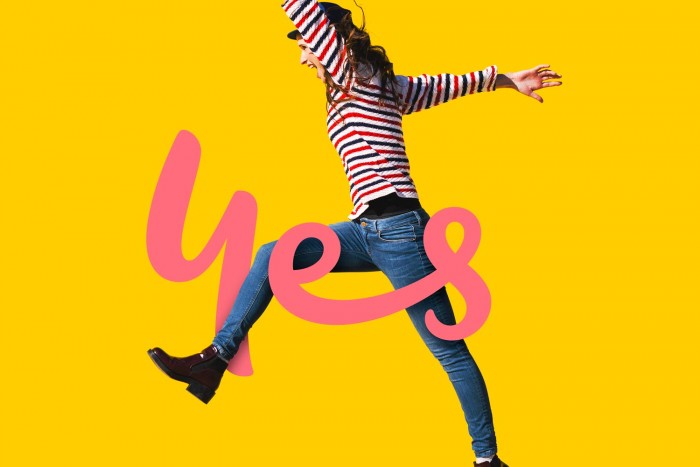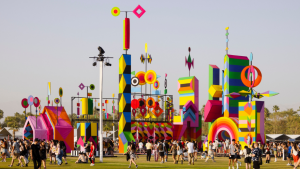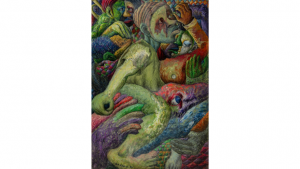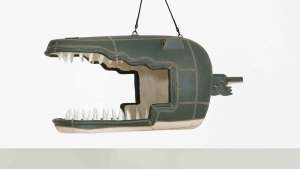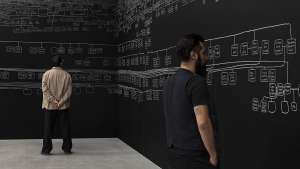Australian brand agency Re (part of the M&C Saatchi Group) works with the mantra that brands should move at the speed of culture. Here, Patrick Guerrera, MD of the agency’s Sydney headquarters, talks about why this works, offers his advice to the young and hungry, and talks a little about the milestones of his career.
What is your best advice to a young creative?
Design and creative schools tell us that it’s difficult to get jobs. That’s not true – so long as you give your best work and show that you’re hungry, authentic and want to do great things and engage in the spirit of creative collaboration. In the new world, it’s not only creatives who get to be creative; suits are also involved in solving problems for clients, so we all have to work together to benefit the creative culture. No one is going to tolerate attitude.
What’s the best advice you’ve ever been given?
Mike Abel of M&C Saatchi Abel South Africa, who was the CEO I worked under at Saatchi, once told me that if you always put your people first, before profits, the rest will follow. This goes for everything, even making decisions about clients and the kind of work you do. You have to consider how it will affect the people and the agency culture.
How do you connect with consumers emotionally and is this important?
In traditional big brand advertising, we were always concerned with the emotional connection, but disruption has created a shift. At Re, we talk about building brands that move at the speed of culture and we believe that relevance trumps differentiation. When you’re relevant, you can create an emotional connection.
In an age where we are bombarded with information, how do you catch people’s attention?
It goes back to building brands that move at the speed of culture. All marketers, from strategists to planners, talk about building on customer insights, but we look instead at the emergent cultural tensions that the brand might be able to resolve.
Sometimes, amidst all the noise, the best thing for a brand is to be brutally simple – especially when you remember that consumers have the power to tell us what brands stand for. We want brands to lead cultures, rather than to follow trends.
If you innovate a brand and the ideas that flow from it set the culture, you’ll stay ahead of the curve because you’re not just responding. You’re exciting people. There are always tensions, subcultures and supergroups, and if a brand can cut into these it will be able to cut through noise. That’s how we get our brands to stand out through the sameness.
How do you make brands that last in a fast changing world? Or do you focus rather on making them relevant to now?
Our "brands that move at the speed of culture" creed is at the core of our theory that brands are always evolving and have to move with culture; that’s what enables relevance. A brand cannot rest on its laurels any more.
Do you think it’s more important to be subtle or obvious?
We just try to be as truthful as possible. With some brands, being obvious is the right thing for the brand. For example, we worked with Uniting Australia, which is a social advocacy group. The issues here were incredibly sensitive, so it made sense to deal in human truths that would affect people’s hearts. On the other hand, we also helped Optus, an Australian telecommunications company, make the transition to become an all-round media player. We had to tell audiences that it was set to be a leader in the entertainment field, so here we had to be more direct, obvious and impactful. The approach depends on the brand.
Do you think that advertising is manipulative, and that algorithms that help tailor ads on social platforms and on the internet are helping it be more effective and changing behaviour?
Tactical digital channel strategy will always have a place. There’s a commercial reality to everything we do – that’s not manipulative. These channels are the workhorses of the marketing industry.
How can agencies and brands make sure that their power is used in a positive way?
We talk about being relevant, and authenticity is at the core of this. When we build brands, we use the Re brand canvas which isolates the purpose of the organisation, its utility and personality. This is important because is a business can define how they will do good and truly affect their people, it’s a step towards the positive. That’s the brand’s purpose. Utility relates to how the brand will have a positive impact on the user’s experience; how it will change their lives in a positive way. Considering a brand’s purpose and utility ensures that it is built with authenticity and is meaningful. Uber is a great example of how this works: it has a clear purpose and utility, and people flock to it.
What are the key moments that have shaped your career?
Interestingly, they’ve all involved failure. I started my career as an artist; I was a theatre director until I directed a play that was a major critical disaster and I was so traumatised by the bad press that I left the post and moved into commercial creativity. I realised I’d failed because I focused on the outcome rather than leadership, and this insight led to me to complete an MBA. This was critical, as I was surrounded by people who were very inspiring.
Joining the Saatchi group was pivotal because it was there that I met Mike Abel, who taught me the importance of putting people first. Some of the people I have met through my career have also helped to shape it, like Benjamin Harrison, our strategist in London, and Chris McLean – they’ve made me think about how I do things. Being made redundant 20 years ago was another milestone, one that I’ve come to see as a blessing, because it led to the first job I had leading people. I’m inspired by Sarah Lewis’s book The Rise, which focuses on creative mastery and talks about how we shouldn’t experience failure as a trauma but as a gift, because you can grow from it.
What is your best work to date?
I’m proud of our work for Optus in Australia, because it demonstrates brands moving at the speed of culture and how brands must be relevant and responsive. I’m passionate about this idea; I think it’s transformational. This is the best brand work that I’ve done, and it’s had wonderful feedback from platforms like Behance.
Have you ever been involved in a campaign that flopped and what did you learn?
Because we work on brands rather than campaigns, we tend not to have flops – but, when there has been bad work, it’s been born out of our failure to push back and letting an insecure client lead the work instead of guiding them towards better work. When this happens, it’s because you haven’t built trust in your relationship and the resulting disconnect with the client derails the authenticity of the work. It creates a vicious circle, but it all comes down to poor client relationships.

